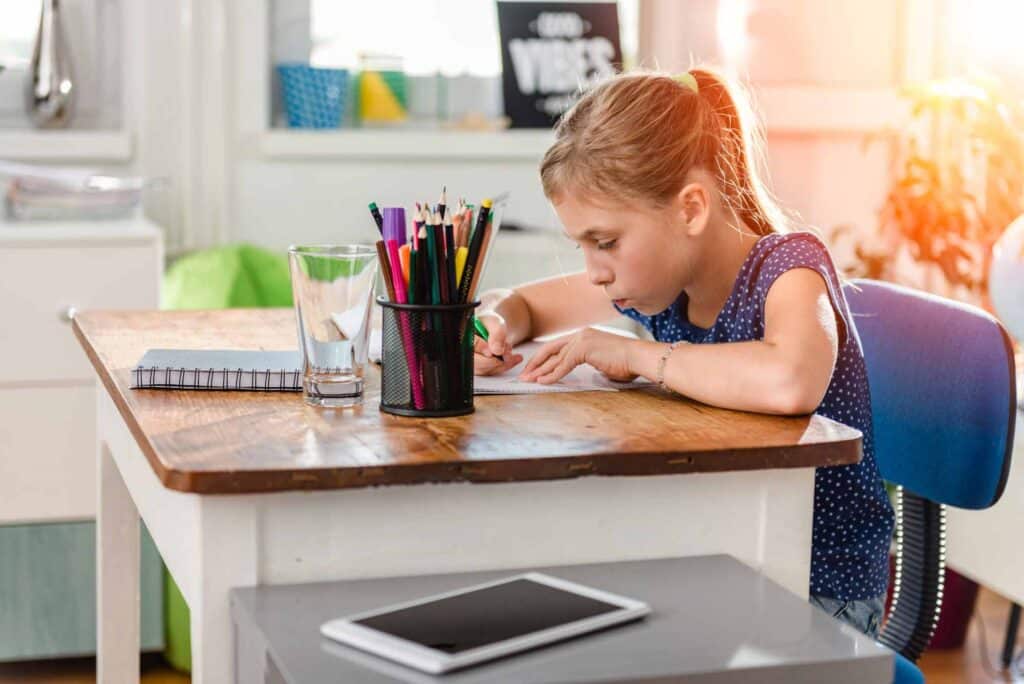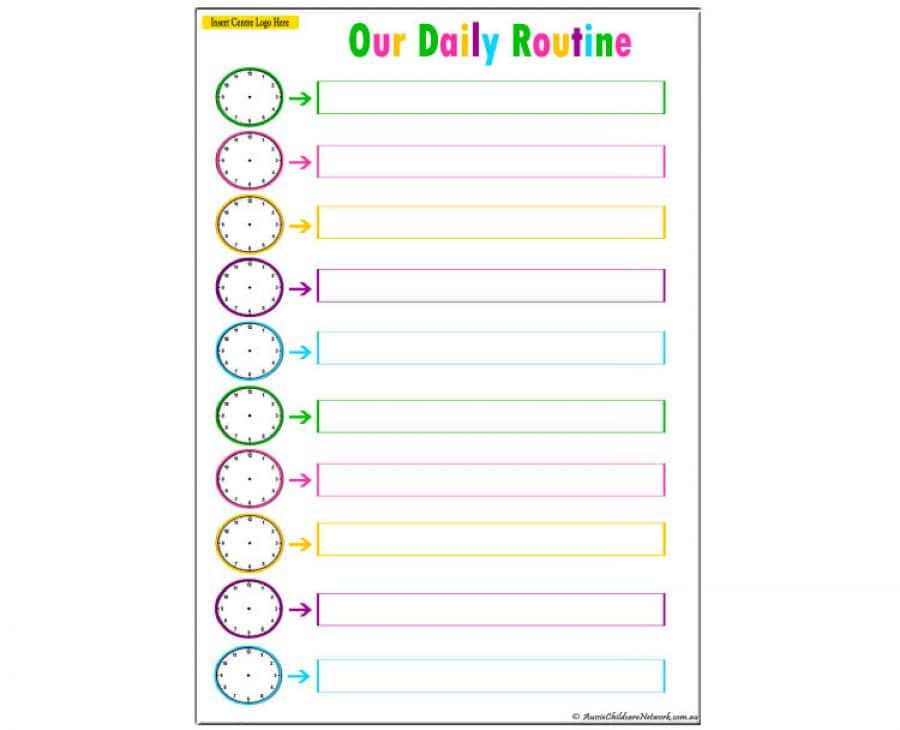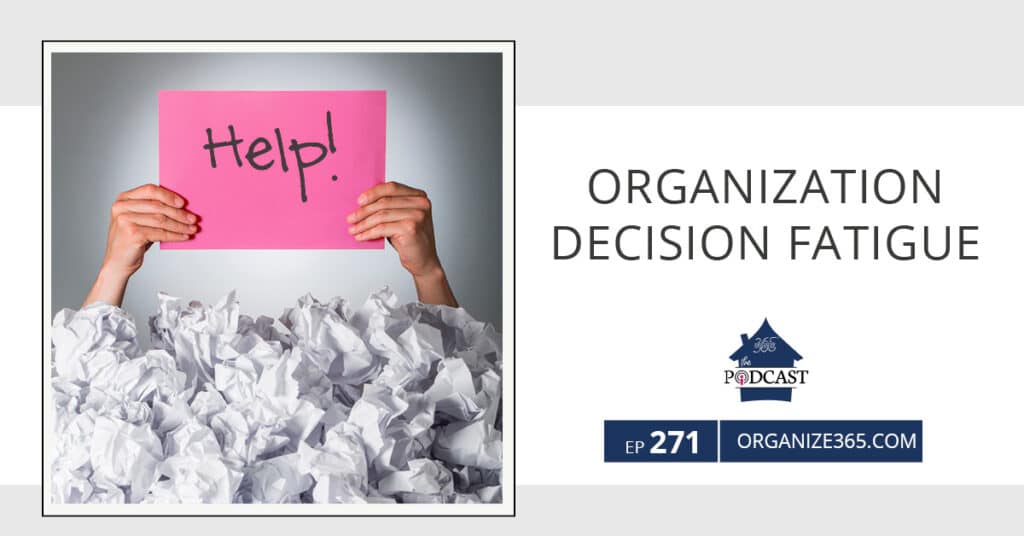
Raising independent, responsible children is every parent’s goal. But let’s face it, getting kids to be organized can sometimes feel like herding cats. From scattered toys to forgotten homework assignments, the chaos can quickly pile up.
Enter Lisa Woodruff – organizational guru and advocate for teaching kids the value of organization from a young age. Here, we’ll delve into her top strategies for getting kids organized.
Make It a Fun Activity
Instead of making cleaning and organizing seem like chores, encourage your child to turn them into fun activities. Tell a fun story about toys going to their spots to sleep. In this story, clothes get chilly if not stored properly.

Daily Routine Charts
A daily routine chart is one of Lisa’s often recommended tools for kids. These visual aids help children understand and remember their daily tasks, from brushing their teeth to doing their homework. And the satisfaction of ticking off completed tasks? Priceless.
Designated Spaces
Having a specific place for every item is crucial. Label storage bins with pictures or names of the items that belong there. Shelves labeled for specific school subjects can be incredibly helpful for older kids.
Involve Them in Decision Making
When reorganizing a room or deciding what toys to keep, involve your older children in decision-making. This ensures they are more invested in keeping things tidy and teaches them responsibility.

Use Timers for Tidying Up
Set a timer for 10 minutes and see how much your kids can clean before it ends. It introduces an element of fun competition and is especially effective for younger kids in teaching time management.
Organizational Skills as Life Skills
Lisa emphasizes that teaching kids to organize isn’t just about keeping a neat home—it’s equipping them with essential life skills. Organized kids often grow up to be more responsible, independent, and less stressed adults.
Praise and Positive Reinforcement
Always acknowledge and praise your child’s efforts in staying organized. Positive reinforcement goes a long way in instilling important lessons and good habits.
Consistency is Key
Like any other habit, kids learn consistency is the key to ingraining organizational skills. Set specific days for certain activities, like “Toy Tuesday” for tidying up toys or “Folder Friday” for organizing school papers.
Conclusion
With Lisa Woodruff’s strategies, you can have a more organized home and empower your children with skills that will benefit them for a lifetime. Dive deeper into these strategies and more in Lisa’s podcasts and books, which are a treasure trove of practical tips for parents.

